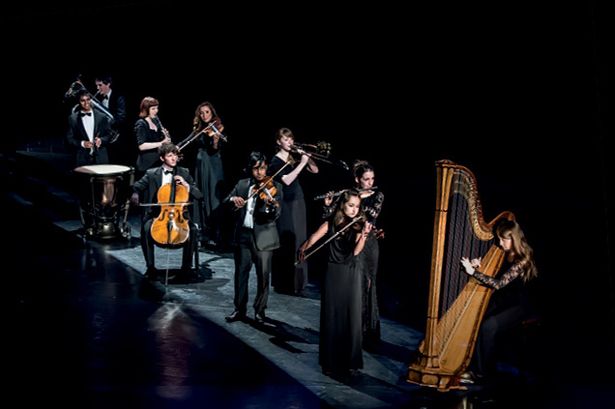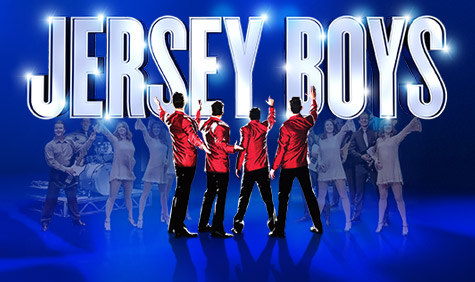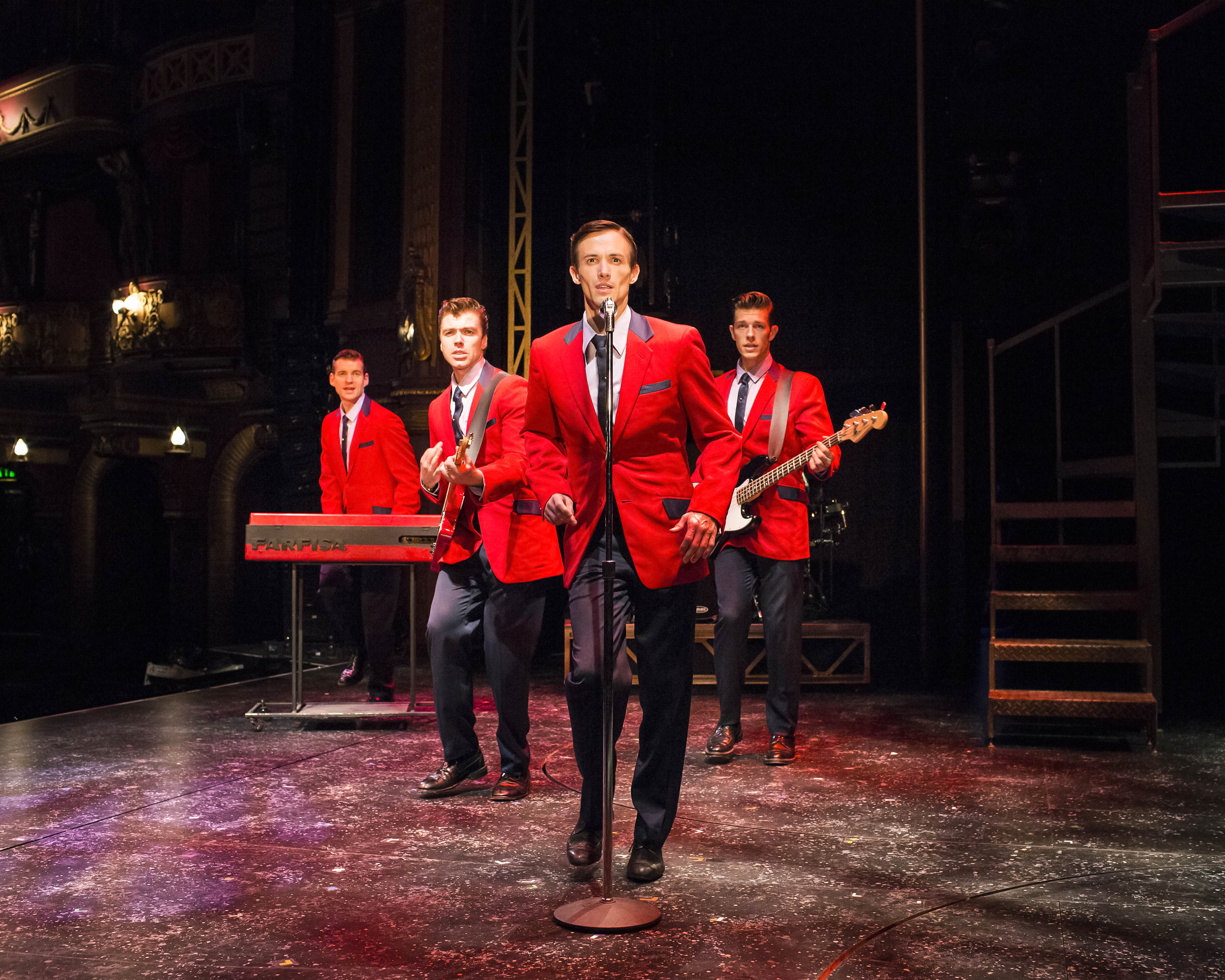All photographic credits Patrick Redmond
 (4 / 5)
(4 / 5)
Reviled by many as one of Shakespeare’s more unpleasant plays, and referred to by thespians as ‘The Scottish Play’ because of its reputation for bringing bad luck to performances, Macbeth was described by Verdi himself as ‘One of mankind’s greatest creations.’ Oliver Mears’ gripping modern day production for Welsh National Opera, in conjunction with Northern Ireland Opera, holds its own, opening up a huge range of interpretations on account of its deep psychological reference.
For those unfamiliar with the play on which it is based, Macbeth is a soldier whose wife’s aspirations of greatness are his downfall, leading to his ultimate death. Returning with his friend Banquo after a successful battle, he meets a coven of witches who predict that he will become firstly Thane of Cawdor and then King of Scotland, but that it will be Banquo’s children that subsequently inherit. On arriving home, Macbeth tells his wife who informs him that Duncan, the present King of Scotland, will be visiting and staying the night. Duncan duly arrives and announces that he is bestowing on Macbeth the title of Thane of Scotland. Not content with that honour, Lady M. sees this as the perfect opportunity to kill him and thus make the second part of the witches’ prophecy come true. She easily persuades Macbeth to murder his monarch while he is asleep, but the killing doesn’t stop there.
A balletic opening with the witches grotesquely portrayed as shaven-headed mannequins, and grey-haired humpbacks gets the action started before Spanish baritone Luis Cansino appears in battledress as Macbeth. The appearance of Lady Macbeth in Scene 2 leads into the first murder, followed by the duet which Verdi himself described as being of major importance. The justly renowned chorus of the WNO are increased in number with extra singers in order to cope with different guises which include not only the witches’ coven, but ghostly apparitions, and others, including in the final act refugees from the havoc caused by Macbeth’s widespread killings of those he sees as threats to his rule.
Sung by American soprano Mary Elizabeth Williams, this Lady M is a ballsy, modern woman, sexy even at her desk and displaying her thighs with calculated intent. This is a power-crazy female who will stop at nothing to get what she wants. Williams has the demanding role to a T, fully in control from start to finish; not until the final act do we see the cracks in the surface which reveal the deep underlying psychological problems as lady Macbeth sleepwalks, rubbing her hands to rid them of the bloodstains no longer there and singing broken phrases opening up into great arches of song. Musically, Williams is superb, with a soaring soprano that takes the breath away, both in breath-taking solo arias and duets with Macbeth.
Set and costume designer Annemarie Woods has created a minimalist Scottish castle and a wood that moves, plus costumes with swinging kilts. There are, however, two provisos – Duncan’s costume of bright blue jacket, knee-length white socks topped off with a gilt crown is a tad pantomimic, while the dark kilts and gilets worn by the chorus in the final act are reminiscent of school uniform.
Runs: September 15, 17 and 24th; October 12th; November 2, 9 and 23rd.
Macbeth Welsh National Opera at Wales Millennium Centre
Opera in four Acts based on the play by William Shakespeare
Music: Guiseppe Verdi
Libretto: Francesco Maria Piave
Director: Oliver Mears
Reviewer: Barbara Michaels


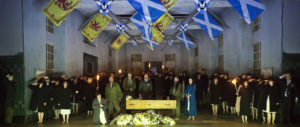
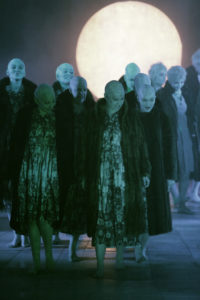
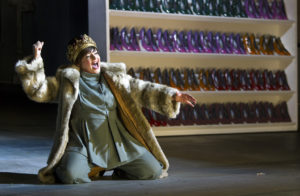
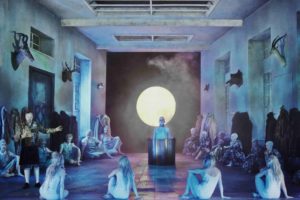
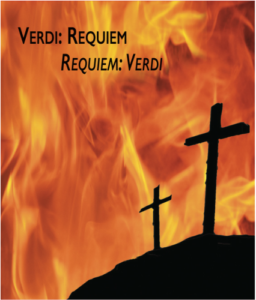

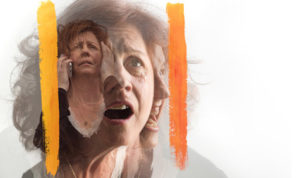
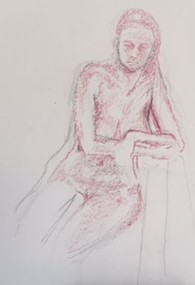

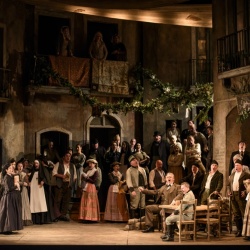
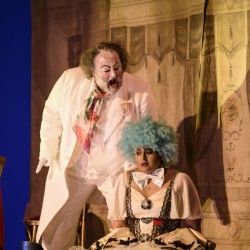

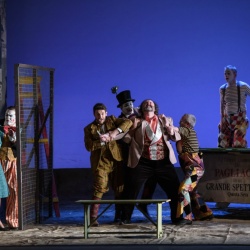
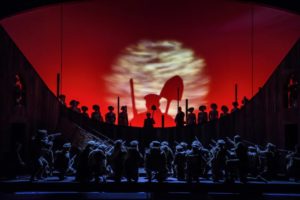
 (5 / 5)
(5 / 5)
